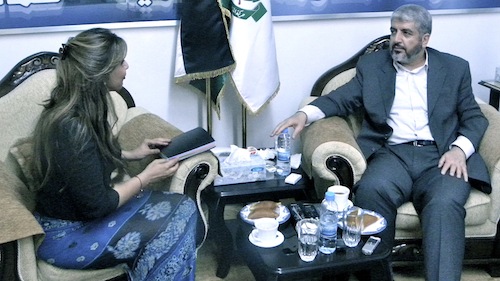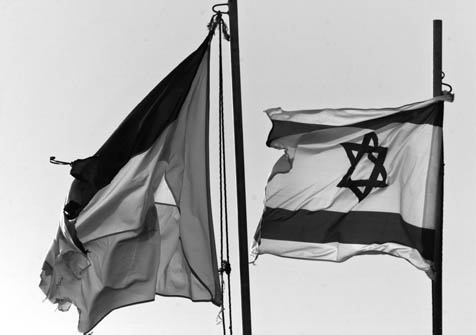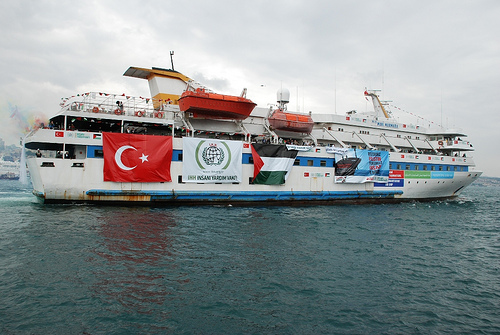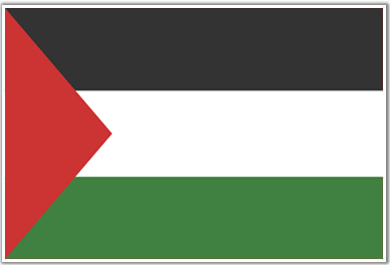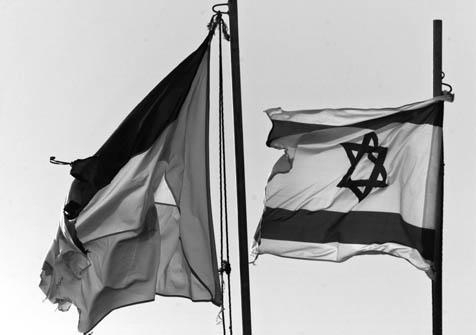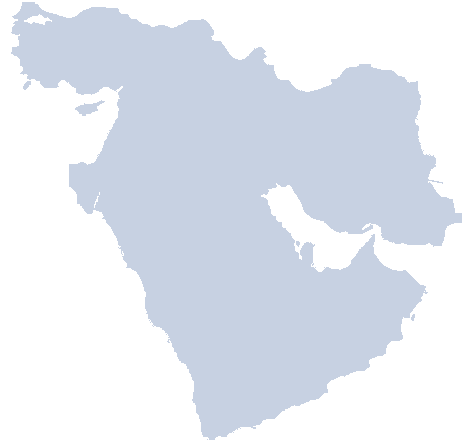Israel-Palestine: What the US Should Do Now on Settlements (Walt)
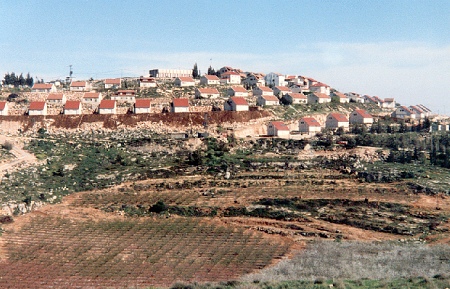 If I were President Obama (and you can all be glad I'm not), I'd call my entire Middle East team into the Oval office for a little chat. Here's what I'd say:
If I were President Obama (and you can all be glad I'm not), I'd call my entire Middle East team into the Oval office for a little chat. Here's what I'd say:
"I made a promise to the American people, and to the world, that we would achieve 'two states for two peoples' during my first term. When I was in Cairo more than a year ago, I said this goal was in "America's interest, Israel's interest, the Palestinians' interest, and the world's interest." And I meant it. I trusted each of you to help me bring that goal about, and I've taken your advice for over twenty months. Let me be clear: it isn't working, and I'm not one who is satisfied with failure. Nor am I going to reward it. So I am telling each of you now: If you can't help me get this deal done within one year, I'm going to fire every one of you and get some new faces in here."

 Tuesday, September 28, 2010 at 8:56
Tuesday, September 28, 2010 at 8:56